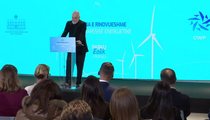Heatwaves “expose” Europe’s vulnerabilities - Rising demand challenges the sustainability of the EU’s energy grid
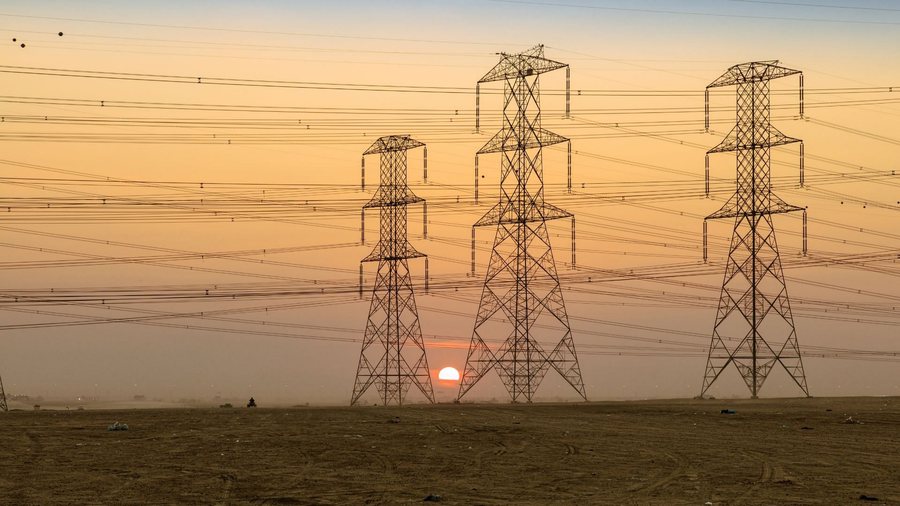
This summer, Europe has once again been hit by a series of severe heatwaves. In the past week alone, temperature records have been broken in southwestern France, Croatia and Hungary, with some regions recording temperatures above 40°C. As climate change makes heatwaves more frequent and intense, energy demand is rising rapidly as people struggle to cool down.
At the same time, high temperatures are damaging electricity supplies, especially in thermal power plants, where heat energy is converted into electricity. These plants rely on river water for cooling. According to experts, heat waves are putting enormous pressure on Europe's electricity grid. They say energy systems urgently need to be improved, increasing flexibility and switching to renewable energies, to avoid reliance on fossil fuels that heat the planet. Governments also face the challenge of coping with heat waves without causing power outages or increasing emissions.
In Spain, electricity use rose by around 14%. Germany and France saw demand surge during peak hours, putting grid operators on high alert. Extreme summer temperatures are fast becoming the new norm, and with them, air conditioning is becoming an increasingly common appliance. The number of air conditioners in the EU is expected to grow from less than 7 million in 1990 to over 100 million by 2030.
Although this is a dramatic increase, air conditioning still only accounts for around 0.6% of energy consumption in European households. The data shows that Italy is the largest user of air conditioning in the bloc, accounting for a third of total consumption for this purpose, despite having some of the highest energy prices in Europe. Italy is followed by Greece, followed by France, Spain and Germany.
Heat waves don't just boost energy demand; they also hit production. Several European countries have been forced to reduce or halt electricity production from nuclear power plants due to extreme temperatures. From June 28 to July 2, 17 of France's 18 nuclear power plants underwent capacity reductions, with some shutting down altogether.
However, June 2025 marked the largest solar power generation in EU history in a single month, accounting for over 40% of total electricity generated in the Netherlands and 35% in Greece. The extreme temperatures highlight the growing role of solar power in coping with heat waves, but also show that renewables are not the only solution, unless supported by energy storage technologies and more developed grids.

Euro payments with AIPS "peak" - BoA: Over 218 thousand transactions in January-July, almost 22% more than in 2024
The amount of payments in euros made through the AIPS system hit a new record in July. According to data from the Bank of Albania, the number of payments......
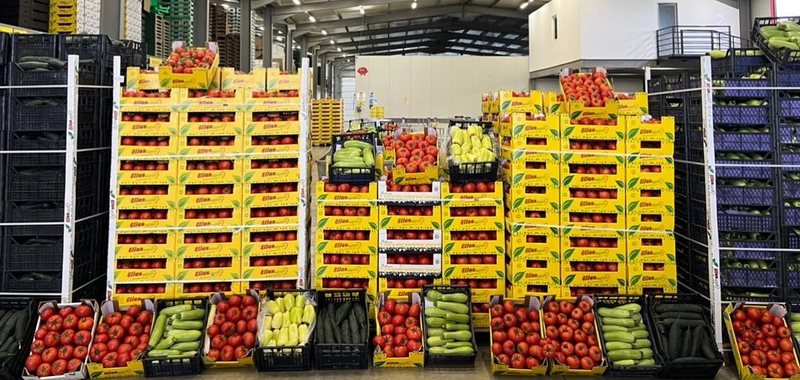
Albanian agricultural products in world markets - Over 265 thousand tons exported in 6 months, an increase of 10%
Nearly 265.9 thousand tons of Albanian land products were sent to international markets in the first half of the year. According to official data from the......

General growth in the foreign exchange market – Foreign currencies are strengthening!
The US dollar has started this week on the rise, strengthening over the weekend as it was bought this morning at 82.3 lek and sold at 83.8 lek according to......

Spain, "climate pact" to fight fires - Prime Minister Sanchez promises massive mobilization in affected regions
Spanish Prime Minister Pedro Sanchez promised a "national pact" to tackle the climate emergency as he visited a western region battling wildfires. Spain is......
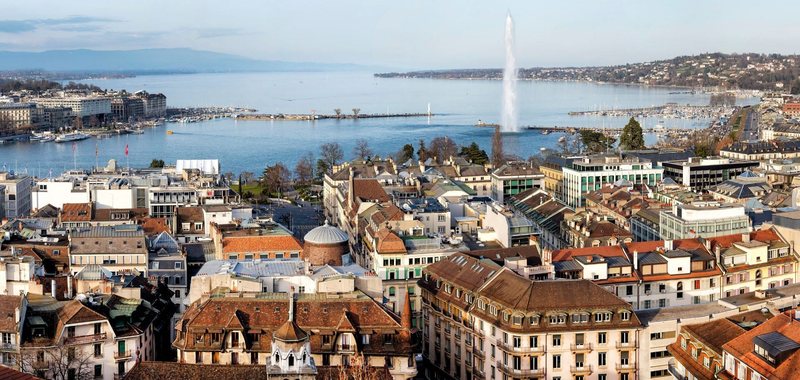
Swiss economy unexpectedly grows - avoids contraction before US tariffs hit
Switzerland's economy expanded unexpectedly in the second quarter of the year, before the country was hit by one of the highest U.S. tariffs ever. The 0.1%......
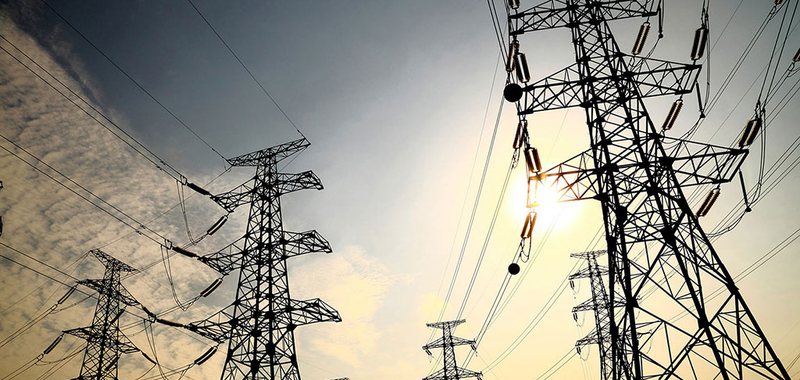
Greece strengthens energy ties with the region - Plans three new projects with Albania, Turkey and Italy
Greece aims to strengthen connections with neighboring countries' electricity systems, thanks to the Greek power transmission operator IPTO. This is part of......

EU-US, digital regulation delays agreement - Washington claims concessions for American tech companies
The European Union is seeking to prevent the United States from targeting its digital rules, according to the Financial Times. The two sides are working to......
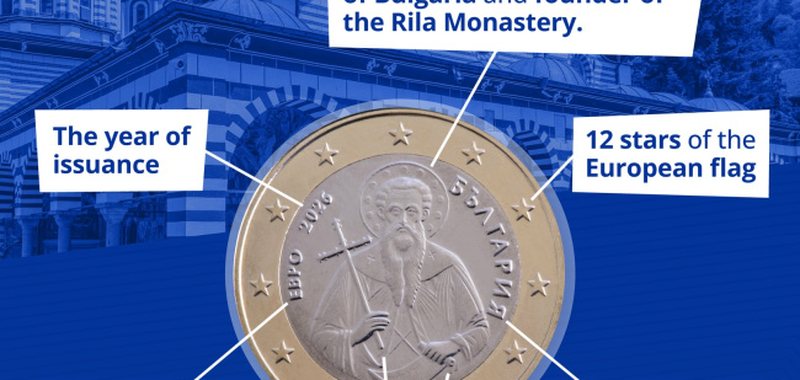
Bulgarian Euro coins unveiled - Heritage and national symbols intertwined
The President of the European Central Bank, Christine Lagarde, offered the public a first look at Bulgaria’s euro coins through a post on social media.......






